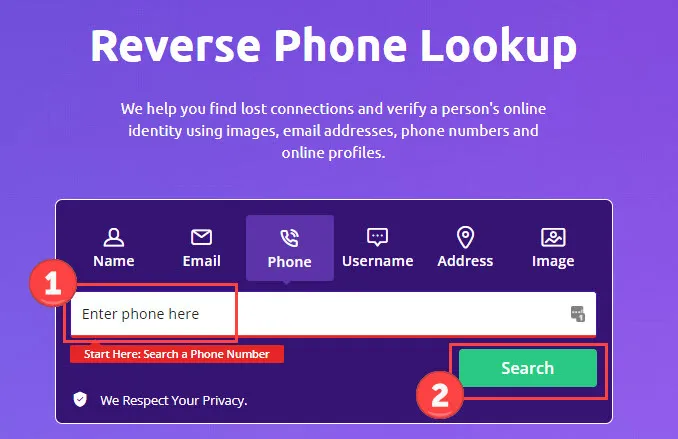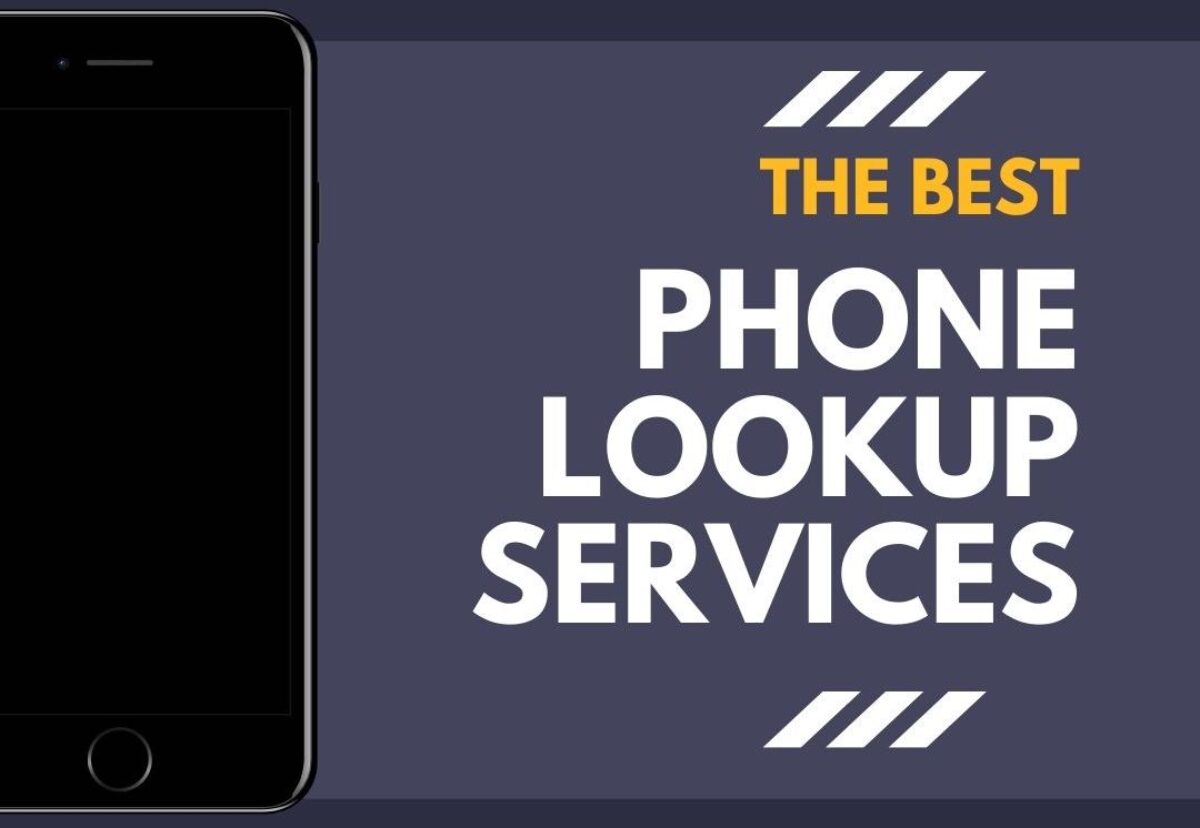Introduction
In an increasingly connected world, communication plays a vital role in both personal and professional spheres. US phone lookup services calls remain one of the most prevalent forms of communication, bridging distances and enabling instant interactions. However, with the rise of unsolicited calls, scams, and unidentified numbers, the need for reliable tools to identify and verify callers has become crucial. This is where US phone lookup services step in, offering a powerful solution to help users reclaim control over their phone interactions.

Understanding US Phone Lookup Services
US phone lookup services are online tools designed to provide information about unknown phone numbers. They allow users to perform reverse phone searches, enabling them to identify callers, verify contact details, and gather additional information about the caller’s identity. These services tap into vast databases of phone numbers and associated information, making it easier for users to make informed decisions when answering or returning calls.
Key Features of US Phone Lookup Services
- Caller Identification: One of the primary functions of these services is to identify the source of an unknown phone number. By entering the number into the search bar, users can access details such as the caller’s name, location, and sometimes even their social media profiles.
- Scam and Fraud Prevention: Phone lookup services can help users avoid falling victim to scams and fraudulent activities. They provide information about known scam numbers, allowing users to steer clear of potential threats.
- Spam Call Detection: Annoyed by incessant spam calls? US phone lookup services can flag numbers that have been reported as spam, helping users filter out unwanted calls and focus on the ones that matter.
- Contact Verification: When receiving a call from an unfamiliar number, users can quickly verify the caller’s identity using a phone lookup service. This is particularly useful for businesses and professionals who want to ensure they’re interacting with legitimate contacts.
- Background Information: Depending on the service, users may gain access to additional background information about the caller, such as their employment history, education, and more. This can be especially useful for personal or professional networking.

How to Use US Phone Lookup Services
- Choose a Reputable Service: Begin by selecting a reputable and reliable US phone lookup service. Look for user reviews, ratings, and features to ensure the service meets your needs.
- Enter the Phone Number: Once you’ve chosen a service, simply enter the unknown phone number into the search bar provided on the website or app.
- View Results: The service will provide you with information associated with the phone number. This may include the caller’s name, location, and other relevant details.
- Make Informed Decisions: Armed with this information, you can make informed decisions about how to proceed with the call. You can choose to answer, ignore, or block the number based on the details provided.
Privacy Considerations
While US phone lookup services offer valuable benefits, it’s important to consider privacy implications. Some services may display personal information about individuals, raising concerns about data protection and consent. Users should use these services responsibly and be aware of potential ethical considerations.
Conclusion
US phone lookup services have become indispensable tools in the modern digital age, empowering individuals and businesses to take control of their phone interactions. By providing insights into unknown numbers, identifying potential threats, and enhancing communication security, these services contribute to a safer and more efficient communication landscape. As technology continues to evolve, US phone lookup services will likely play an even more significant role in ensuring transparent and secure phone communication for everyone.


The style of your writing is enthralling and the information well-written and clearly presented. Thank you for sharing this valuable piece!
Check your social signals count
eokcyqaek rzvui ublrwzi lgjd ospurszrxovxxnl